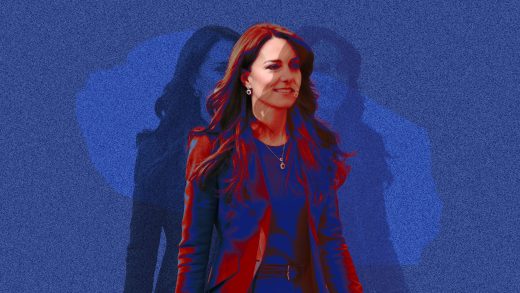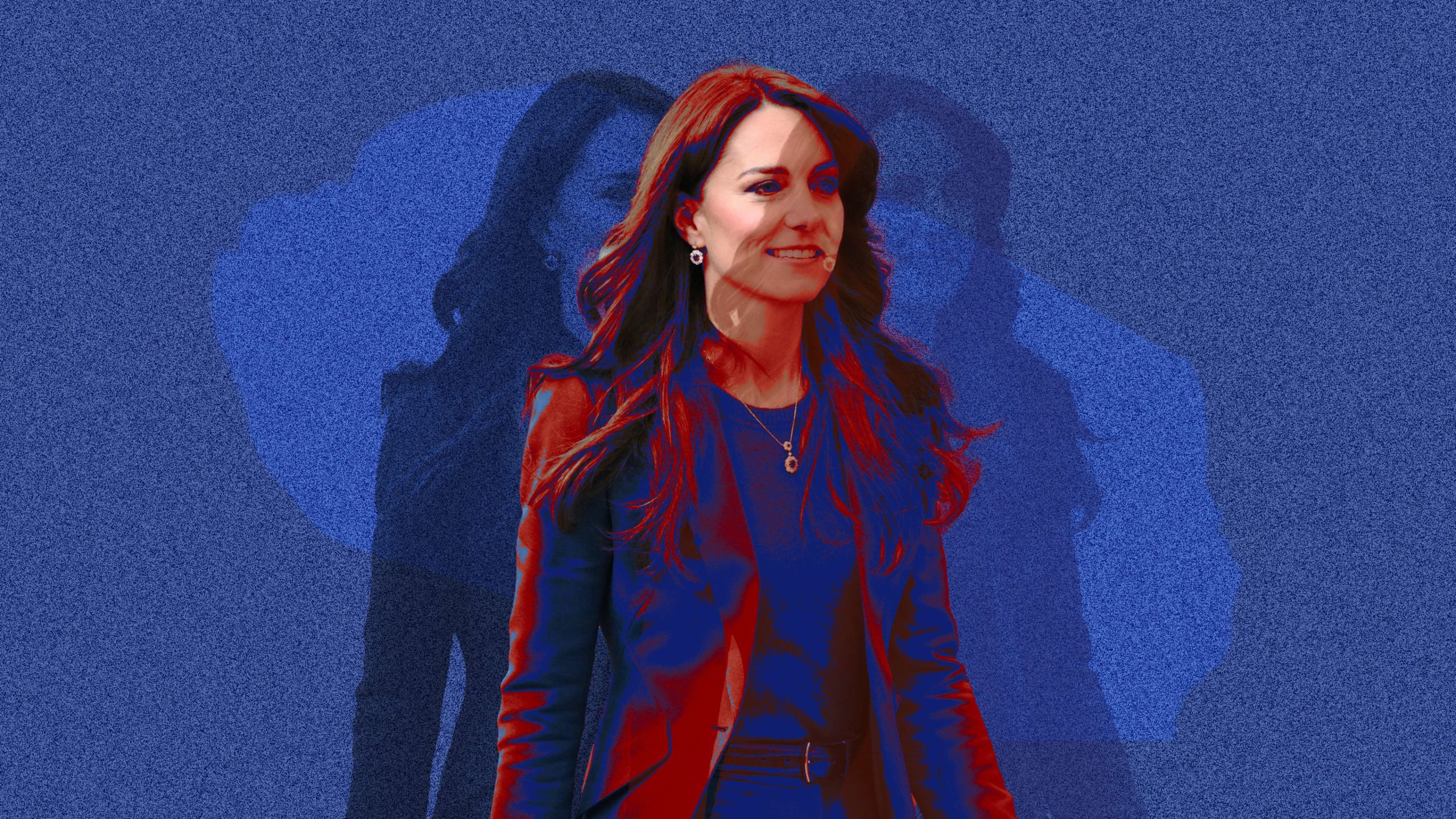Kate Middleton’s cancer diagnosis underscores the pernicious nature of online conspiracy theories
Kate Middleton’s cancer diagnosis underscores the pernicious nature of online conspiracy theories
Going public should silence the online mob, but we need to examine the way theories ran rampant in the weeks leading to her announcement.
Kate Middleton announced on Friday she has been diagnosed with cancer. In a video statement published simultaneously across social and traditional media, Middleton explained that traces of cancer had been discovered following abdominal surgery earlier this year.
The statement is an intensely personal one—and one that the Princess of Wales may well have felt she had to make by dint of her status as the U.K.’s queen-in-waiting. But the last few weeks of social media hysteria have made it even more important that she share her diagnosis.
The Royal Family, which traditionally takes an attitude of “never complain, never explain,” has been forced to rapidly rewrite that approach as unchecked rumors swirled of marital infidelity, serious crimes, and even more dramatic health issues. At the same time, the viral effects of social media have collided head-on with a generative AI-born skepticism of photographic evidence that the palace tried to supply in order to calm people’s nerves on social media and show that Middleton is indeed alive and well.
Friday’s announcement ought to silence the online chatter and stop some of the more outlandish theories that have been posted without a care for the humans at the heart of the subject. Cancer affects one in two people. It is an intensely personal journey, and one that takes fortitude to fight. But when you’re in a highly public position, and millions of people are speculating wildly, without evidence, on your public absence, it seems you have to waste time stopping rampant conjecture when you should be focused on what’s sure to be a difficult treatment.
The Royal Family have made several media-management mistakes over the past few weeks in handling the scandal around the Princess of Wales. They’ve been outpaced and outdone by social media sleuths. And undoubtedly, some will continue to speculate without any kind of evidence. The problem with conspiracy theories is that even when presented with evidence, it’s not enough for some.
But social media speculators ought to reflect on the past few weeks and consider whether it was worth it. Because a mother of three now has to fight the toughest battle she’s likely to face. It would be nice if she didn’t need to worry about social media chatter too.
ABOUT THE AUTHOR
(22)



